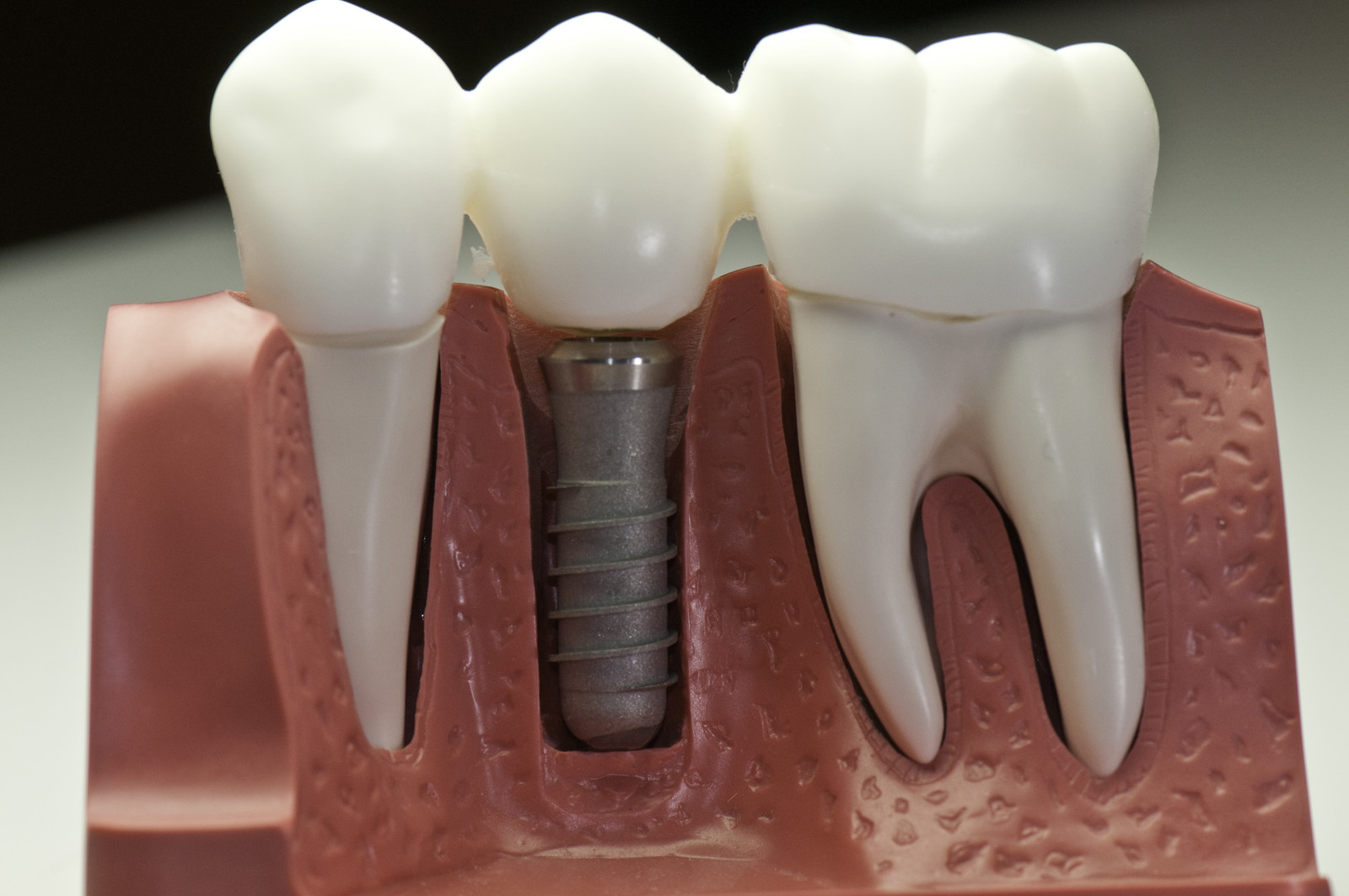Have you had a dental implant recently and now it’s causing swelling, or have you noticed any other problems? Are you also having a dental implant infection and are looking for treatment options? Fret not; you are in safe hands.
Dental implant infection occurs when bacteria affect the surrounding tissues of the implant. It can cause swelling and other potential complications. We will learn about all its potential causes, symptoms, and treatment options in this article. Moreover, we will also share some preventive measures to avoid it in the first place.
This guide will cover every single piece of information you need to know about the dental implant infection. Carefully read and follow the instructions for adequate care of your implant.
What Is A Dental Implant Infection?
A dental implant infection is also known as peri-implantitis. It is a condition that happens by invading the bacteria around the dental implant. It can cause inflammation and damage the tissues and bones around the affected area. It looks very similar to gum disease, but it is a little different because it specifically affects the area around dental implants.
It can happen for various reasons. Some of its reasons include poor oral hygiene, pre-existing gum disease, and smoking. It can also happen due to your other medical conditions, such as diabetes, and factors related to the implant itself, such as improper placement or design.
Symptoms Of Dental Implant Infection
Dental implant infection can show its effects in multiple ways. Following are some of its common symptoms: If you notice any of the following symptoms after a dental implant, then it’s time to see your doctor.
- Pain or tenderness around the operated area
- Red or swollen gum
- A metallic taste in your mouth
- Bad breath
- Pus drainage
- Looseness or shifting of the implant
- Difficulty chewing
Diagnosing An Infected Dental Implant
The first thing you need to do if you notice any problems with your dental implant is to get a diagnosis. It usually starts with an e-ray of your implant to check out signs of radiographic bone loss. He will also check the area physically and look for signs like pus, inflammation, and other potential problems associated with it.
If left untreated or not properly taken care of, it can cause bone loss around the implant and even lead to implant failure. Therefore, in time, adequate treatment is essential. There are multiple treatment options recommended by doctors. Your doctor will recommend the most suitable one according to your condition.
Treating A Dental Implant Infection
There are several treatment options. Follow your doctor’s prescribed treatment method for adequate care. It is usually decided depending on the severity of the infection. Let’s check out some of these options.
- Antibiotics: The first and most common treatment option is antibiotics. It is usually prescribed for mild infections. Commonly prescribed antibiotics for this infection include amoxicillin, clindamycin, and metronidazole. Take them as prescribed and complete the full course of treatment.
- Debridement: In more severe cases, where there is a significant infection around the implant, your dentist may perform a procedure called debridement. Debridement involves removing the infected tissue and cleaning the area around the implant to promote healing.
- Possible Removal: In some cases of severe infection or if the implant is failing, it may need to be removed temporarily to allow the infection to clear completely before a new implant can be placed.
- Adjunctive Therapies: The last option we have is adjunctive therapy. It may be laser therapy or guided tissue regeneration. It speeds up the healing process and reduces the risk of recurrence.
Tips To Prevent A Dental Implant Infection
Dental implant infection is a very serious issue, and you must follow adequate preventive measures in advance for effective treatment. Following are some practical tips that can help you avoid it in the first place.
- Maintain high oral hygiene. Regular brushing and flossing around the implant is essential for this purpose.
- Attend regular dental check-ups and cleanings to monitor your implant.
- Avoid smoking to reduce the risk of implant failure and infection.
- Follow post-operative care instructions provided by your dentist or oral surgeon.
- Be cautious with hard or sticky foods that could damage the implant or surrounding tissues.
- Treat any signs of gum disease promptly to prevent infection around the implant.
- Use antimicrobial mouthwash as recommended by your dentist to reduce bacteria in the mouth.
- Inform your dentist about any medical conditions or medications that may affect implant healing.
- Wear a night guard if you grind or clench your teeth to protect the implant and surrounding tissues.
- Choose a skilled and experienced dental professional for implant placement and follow-up care.
Final Words
That was all you needed to know about dental implant infections. It is a very serious issue and could lead to severe complications, so you should be very careful with it. Practice good oral hygiene and follow other recommended advice from your doctor to avoid it in the first place.
But if you notice any of its symptoms, then you should get a diagnosis as soon as possible. Don’t try to medicate by trying any home remedies. Follow the treatment method recommended by your doctor for effective treatment.


